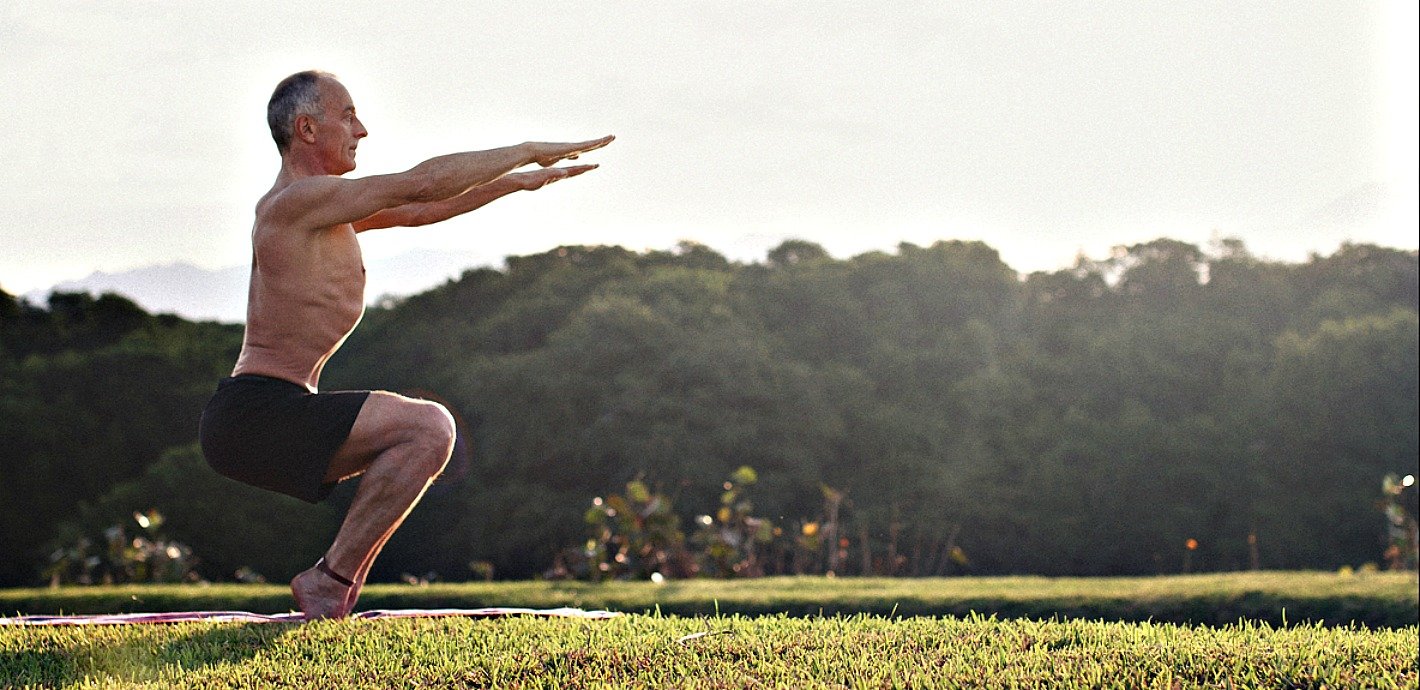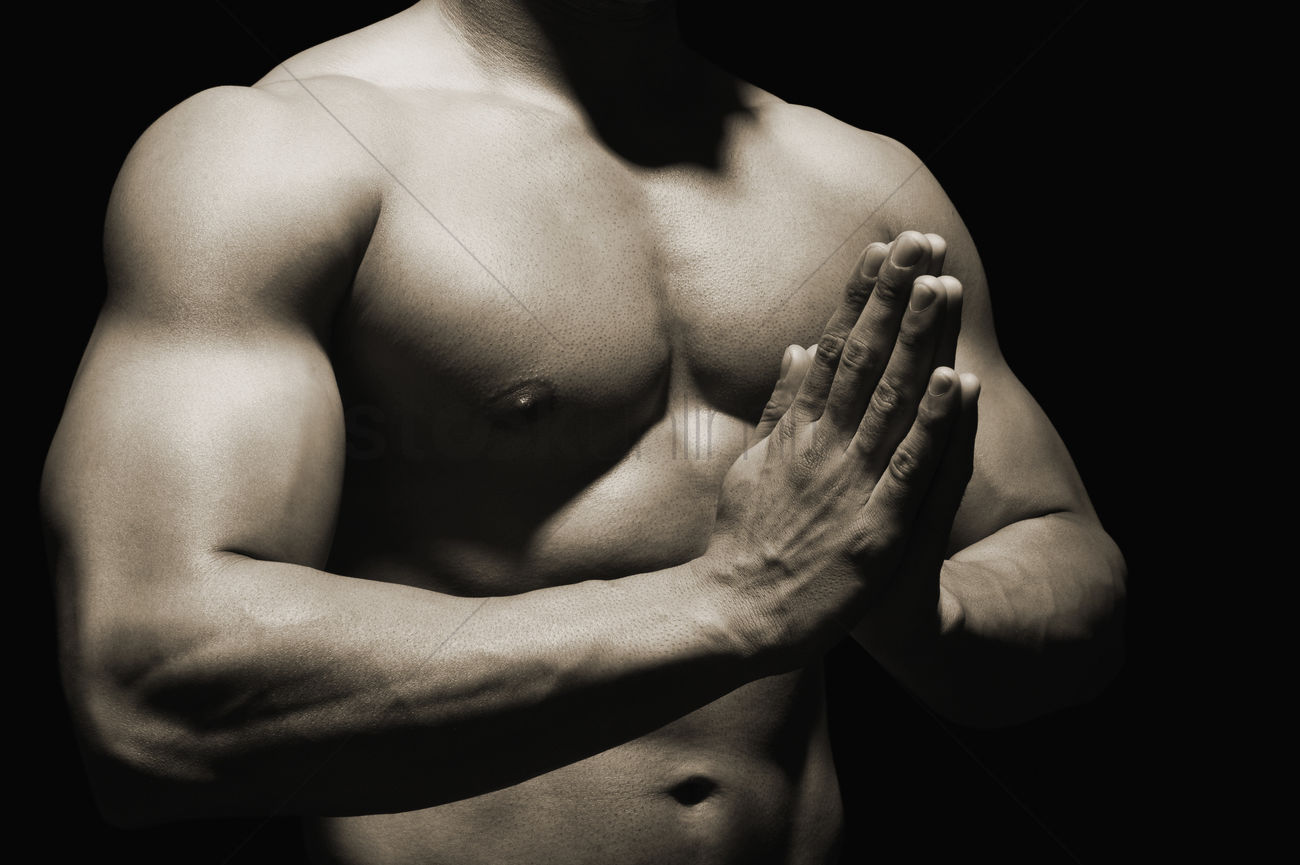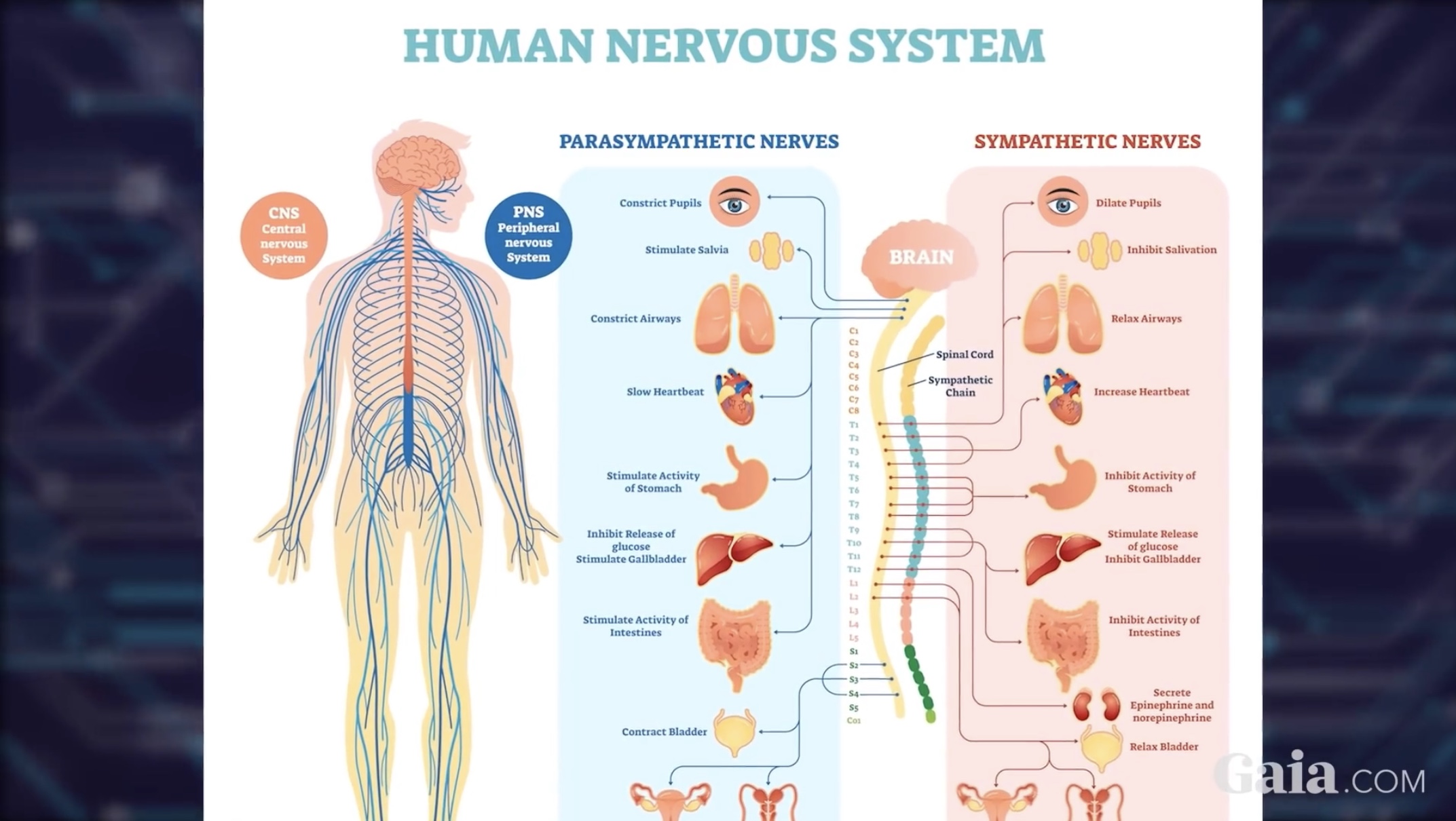
Overlooking Relaxation Outside the Gym
Exercise training and nutrition are stressed by enough fitness professionals to their clients, but rarely is relaxation considered as important for our health.
Meditation is one of the healthier methods for stress relief outside the gym, yet one may wonder why there’s is such a lack of knowledge for this practice (outside of yoga trainers and studios).
In cultures in the West, there’s a tendency to prioritize work, hobbies, and family life over quiet time for oneself during the day. With busier schedules it may also be challenging to find even a few minutes of quiet with constant traveling from place to place.
Besides the studies on the main reasons why meditation relaxes us, the best reason to meditate would be for the focus it brings to your own thoughts and aversion of thoughts that keep you in a fear or worry state of mind.
With a clearer mind you can greatly increase your likelihood of better results with your body and other areas of your life.

How to Use Meditation for Better Weightlifting Results
Meditation has been used for centuries primarily for its ability to relief stress in the mind and body. Feelings of stress comes from our body’s response of “fight or flight” hormones that are released from outside stressors.
Our “fight or flight” stressors are activated whenever there are threats detected in our environment that may bring harm to us. They are also activated when we perform strenuous work such as weight lifting, high intensity cardio, or strength training exercises.
These hormones that are released, cortisol and adrenaline, are part of our sympathetic nervous system. The opposite is our parasympathetic nervous system, which is responsible for rest, sleep, and muscle growth:
Techniques for Meditation
Meditation is not a common practice for many, as previously stated, but there are many variations that one could use to gain benefits from it:
Guided Meditation:
With a guided meditation, a narrator gives a dynamic walkthrough of the process of meditation with the aid of soothing background sound as you slowly relax. This is probably the best form of medication for those new to it since you have the support of another voice to ease your thoughts of anxiety and unrest away.
These are many guided available online, some that can be purchased and ordered on CD to be used anywhere. My favorite are some available online right on YouTube here:
Muscle Contraction:
Muscle contraction meditation is intended on keeping your mind focused on the present moment by concentrating on muscle movements. For example, pinching the index and thumb fingers for 2 seconds and releasing while sitting quietly for a duration of time. Other muscle contractions can include:
(Dorsiflexion) or contraction of calf muscle with feet
Shoulder Shrugging followed by rest for 2 seconds
Eyebrow Furrowing followed by rest for 2 seconds
Pectoral Contractions for 1 second, rest for 2 seconds
Abdominal Tensing and relaxation
Controlled Breathing:
There are breathing patterns not familiar to most that can cause states of almost instant relaxation when used properly. One of these methods is 4-7-8 Breathing. 4-7-8 Breathing has been optimal for people who have difficulty falling asleep or reducing anxiety before sleep.
The technique involves an exhale to empty the lungs, followed by 4 seconds of inhale through the nose, holding breath for 7 seconds, and a strong exhale through the mouth for 8 seconds. For a demonstration of this technique, you can check out the technique here:
There are also apps you can download in the App Store for iOS, one of the best ones called Breathe that can help you with breathing for relaxation better. The Apple Watch has one built in that can be activated for daily breathing exercises you can perform even when you’re on the go.
The Wrap Up
Meditation is often overlooked and seen as unnecessary by some, but can truly benefit active individuals who are prone to high levels of anxiety in their daily lives. The cortisol and adrenaline released from weightlifting and a busy lifestyle can cause levels of stress that would be better resolved by relaxation for brief moments of the day. Find a meditation technique that best suits you and won’t interrupt the priorities you set for yourself.


Leave a Reply
You must be logged in to post a comment.